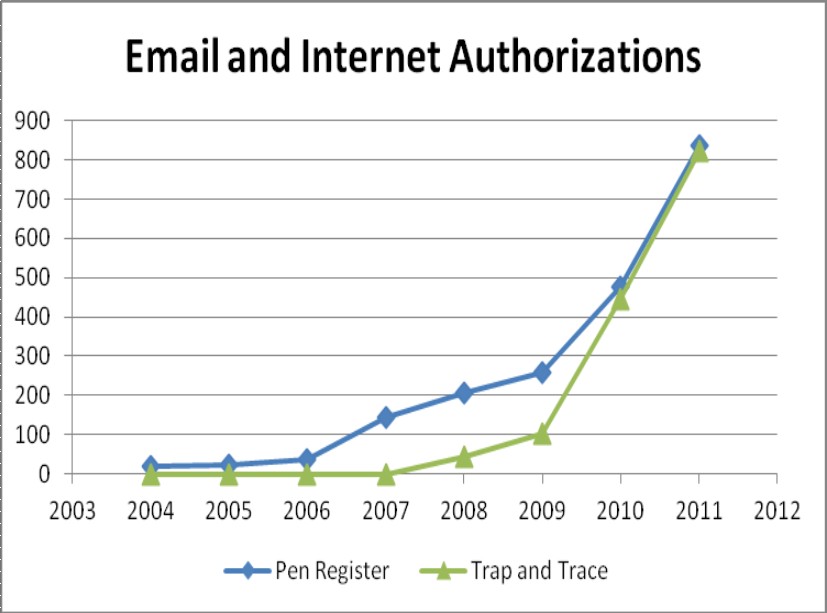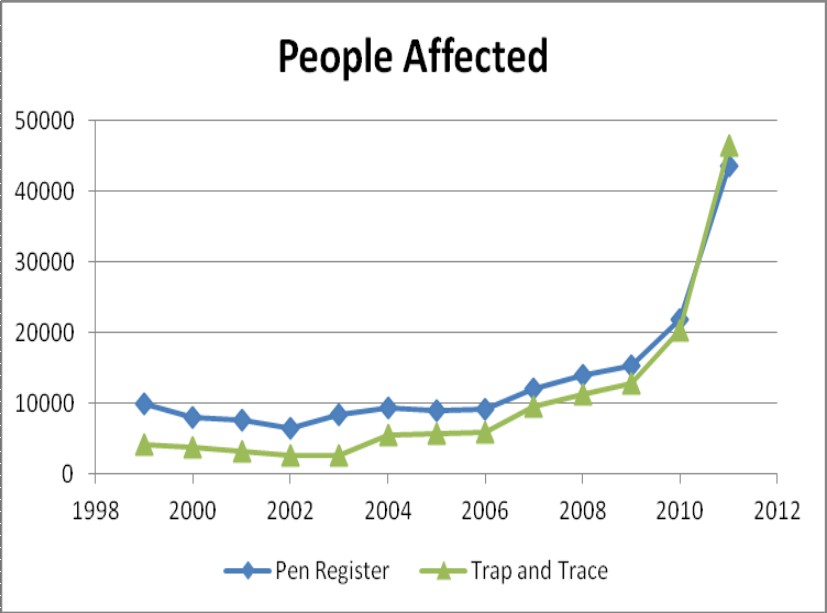The Supreme Court on Monday heard oral arguments in Clapper v. Amnesty International, a case which will determine whether or not the government’s warrantless surveillance of American citizens can be challenged in court, even when the specifics of the program are secret. 
The Foreign Intelligence Surveillance Act (FISA) was enacted by Congress in the 1960s and 70s and regulates the government’s conduct of intelligence surveillance inside the United States. In 2001 – following the 9/11 attacks – President Bush illegally authorized the National Security Agency to launch a warrantless wiretapping program, in breach of FISA “and in 2008 Congress ratified and expanded that program, giving the NSA almost unchecked power to monitor Americans’ international phone calls and emails,” the ACLU explains.
Court challenges to the government’s new surveillance laws have come forth since 2001, but the government has typically stopped the judicial process in its tracks, arguing that the case cannot proceed because aspects of the program must remain secret for national security reasons and that plaintiff’s don’t have “standing” to challenge the law unless they know for sure they have been surveilled.
Jameel Jaffer, ACLU deputy legal director, participated in the oral arguments on Monday and firmly told the Supreme Court justices that the new FISA surveillance laws are unconstitutional.
But “the constitutionality of the global spying is not directly at issue,” writes Lyle Denniston at the SCOTUS blog. “[T]he sole issue is whether anyone has a legal right to file a lawsuit against it.”
“As part of its concerted campaign to prosecute whistleblowers and to classify state secrets,” writes Jeff Rosen at The New Republic, “the Obama administration has taken a position in Clapper that makes the Bush administration pro-secrecy campaign seem pale in comparison: namely, that no one can challenge warrantless surveillance unless the government tells you in advance that you’re being surveilled—which national security interests prevent it from doing.”
The New York Times called the Obama administration’s position in the case “a particularly cynical Catch-22: Because the wiretaps are secret and no one can say for certain that their calls have been or will be monitored, no one has standing to bring suit over the surveillance.”
The Obama administration has fought tooth and nail to keep the details of its surveillance activities hidden from the public. For years it has insisted that its snooping on Americans’ phone and email communications fell perfectly within the law. But last month, the ACLU, “after months of litigation,” was provided with some internal documents that showed a dramatic increase in surveillance of Americans:
So while it is now known that the government has been increasingly spying on its own citizens without warrant, an abominable violation of basic constitutional rights, the government is trying to say that unless specific cases of surveillance are known, which is impossible because of their own secrecy, the courts cannot challenge these blatant violations of the law.




